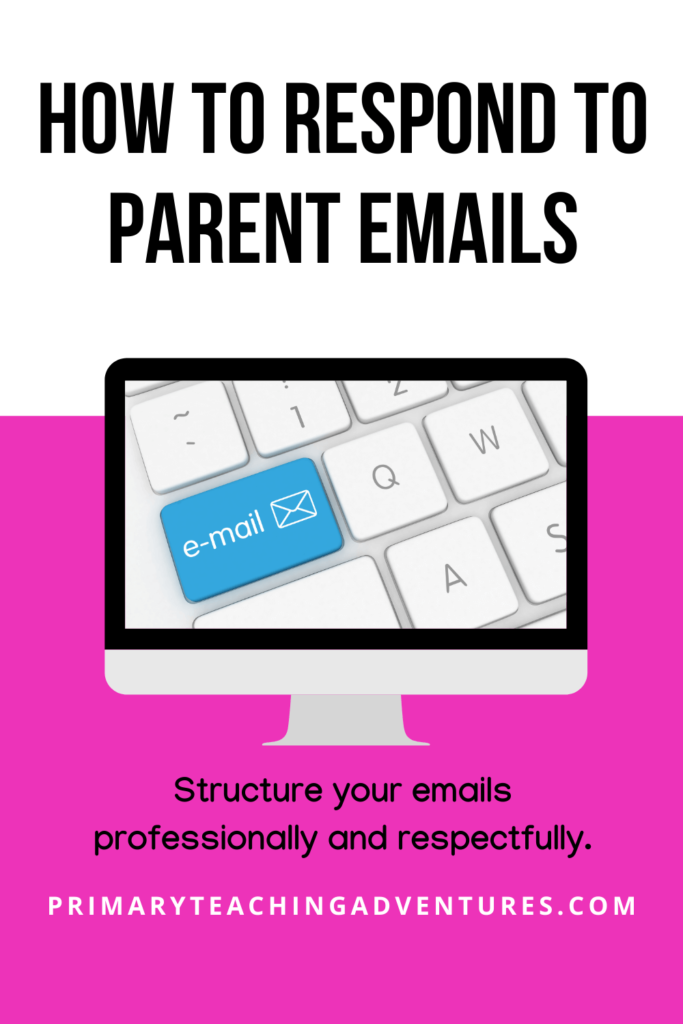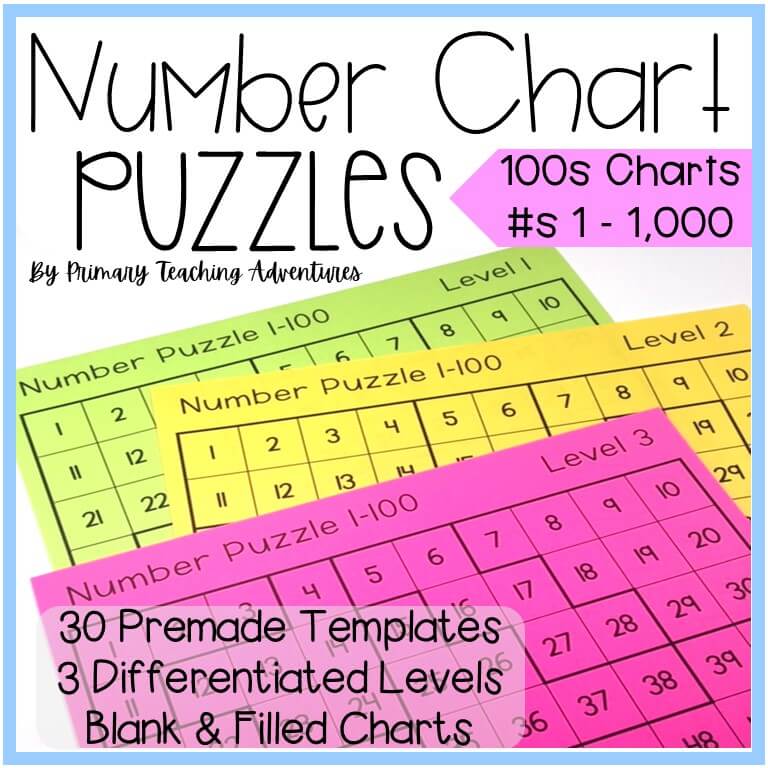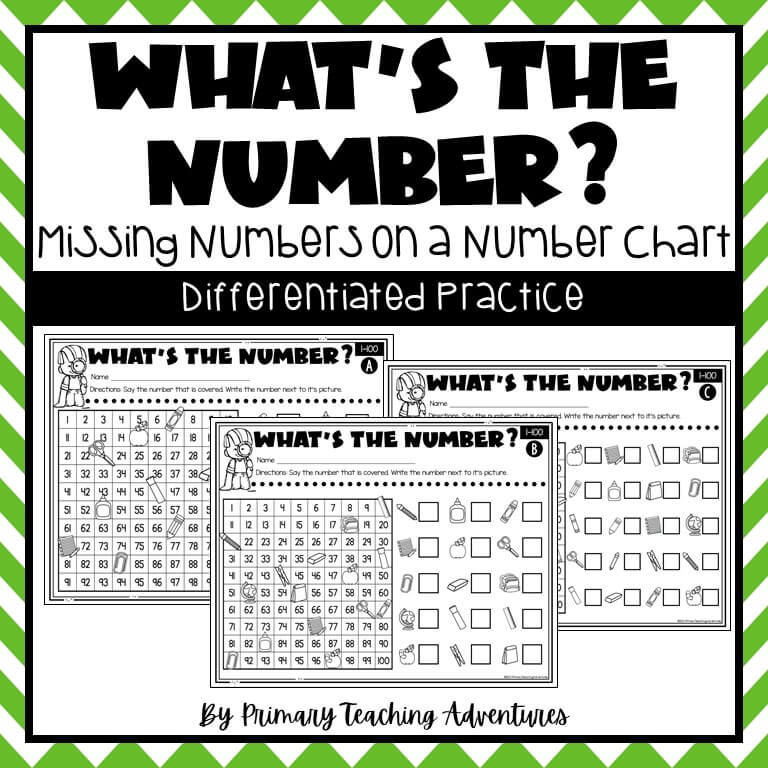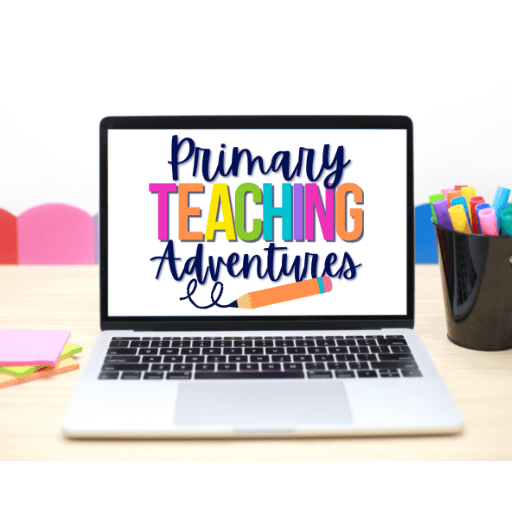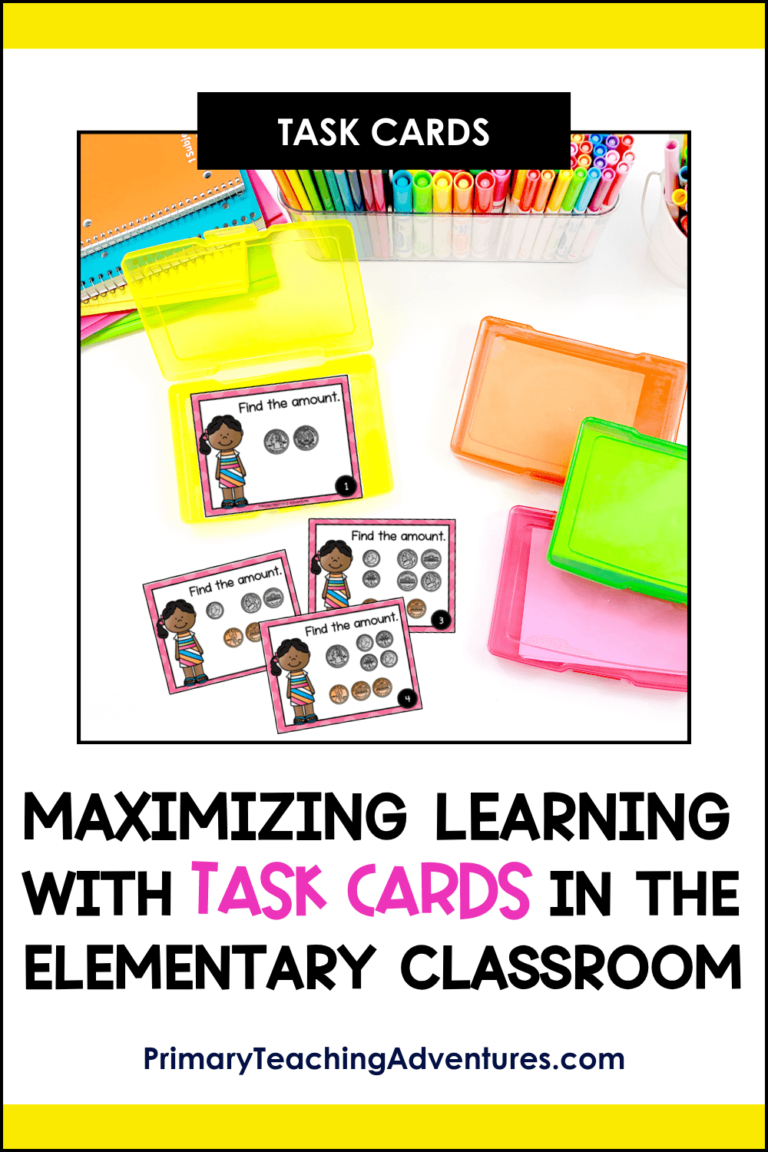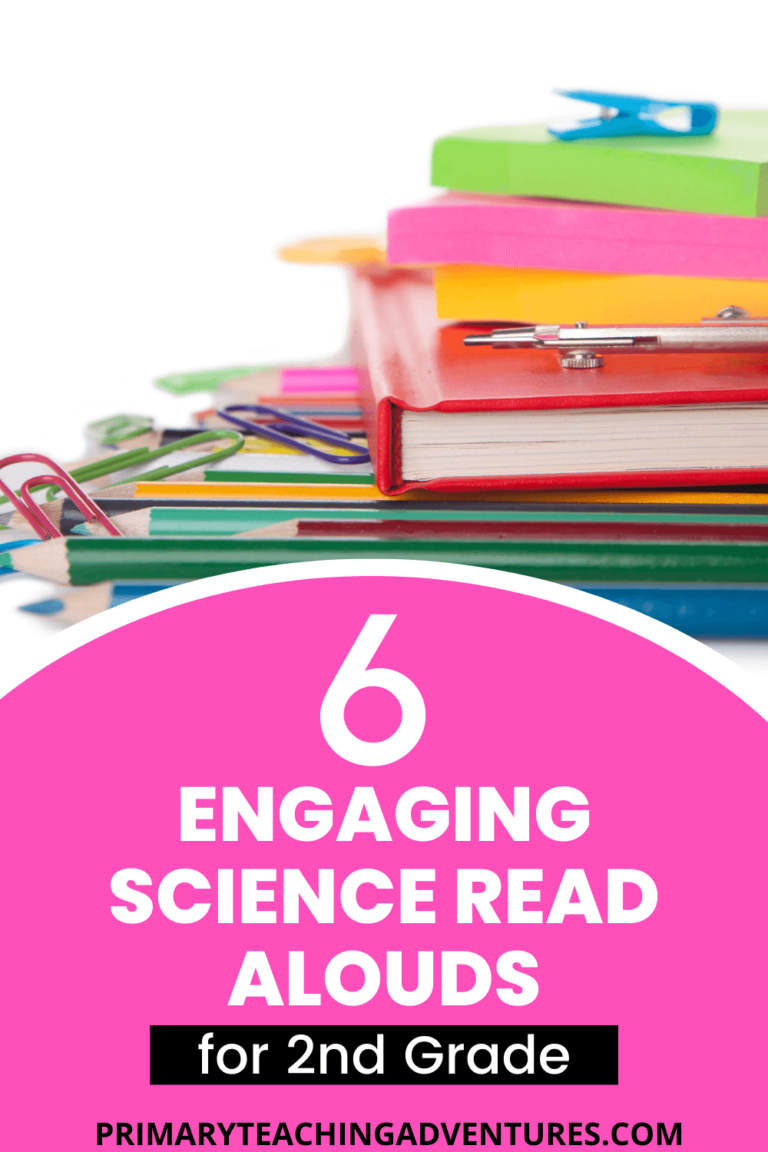
You’ve heard the saying: Communication is key! In teaching that’s not any different. We are in a day in age where there is an overwhelming number of methods of how to communicate. But for me, email is the primary way I communicate with parents.
As the struggle with all social media, it’s just there. All the time. I even have my email as a notification on my phone so I don’t miss anything. I enact the 24 hours rule at the beginning of the year where I tell parents I will respond within 24 hours. It is not your job to be on “email call” 24/7.
However, there are parents who are working or unavailable to contact you until later in the evening. As with anything, there are other factors that determine if you will read and/or respond to the parent email.
If you receive *that* parent email (you know what I mean…) take a moment, talk it out in the shower, eat ice cream, do what you need to do before coming back to respond.
Regardless of the type of parent email, I have found over my years of teaching there is a similar format for any type of teacher response to a parent email. I want to share that format with you.

1. Greeting
Always, always, always include a greeting. This maintains professionalism. When I send out an email, I include “Dear” but when responding to a parent email, I don’t. Here are some options: Write the parent name, Hello, or Hi. The word “hey” should never be in the greeting of a professional email.
2. Body
Most times, parents are reaching out with a question or concern. I generally format the body of my email in this order:
- Show Appreciation First, thank the parent. Thank him/her for reaching out, bringing _______ to your attention, being a team with you in teaching his/her child, etc. A thank you goes a long way. This helps to set the tone for the rest of the email. If the parent is upset, this helps to calm down any emotions- on both sides.
- Apologize Second, offer any kind of apology. There could have been a breakdown of communication that you could apologize for. You can apologize simply for the way the parent is feeling. An apology is not always necessary, so it depends on the situation.
- Build Credibility Explain the situation. Sometimes there just is a break down in communication. Explain the situation to help the parent understand what happened. Explain the school policy, and/or the classroom expectation. Bring it back down to facts, data, policy. That way all emotions are left out.
- Answer the Call to Action Stated or not, the parent wants an answer. How will you help? What will you do? What will you change? Tell the parent what will be done after this email correspondence. Explain what you will do or who you will ask. Make sure it’s a reasonable response, again based on the situation and not on emotions.
3. Closing
No matter the type of email, keep the closing profession (i.e. don’t only use your first name). I’ve made a signature attached to my email so I don’t have to close by typing my name.
- Name (Mr./Mrs. First Name Last Name)
- Position
- School
- Phone number and extension
Because I have a signature, I usually close with “Thank you,” “Have a good evening,” or “I hope this helps.” You can use the closing as another way to communicate positively and end on a good note.
I hope this format helps you as it has helped me! How do you reply to a parent email?

